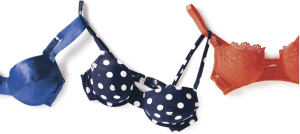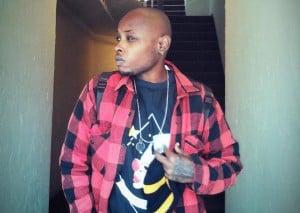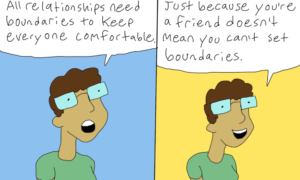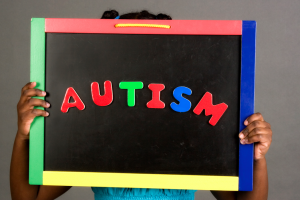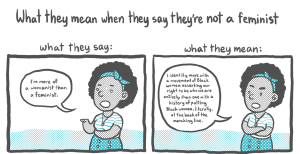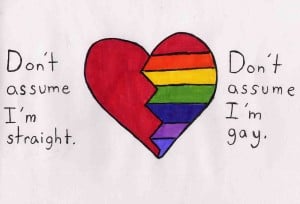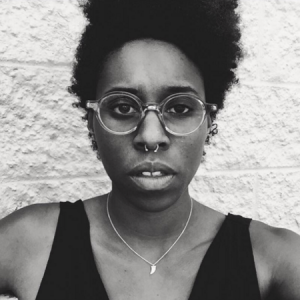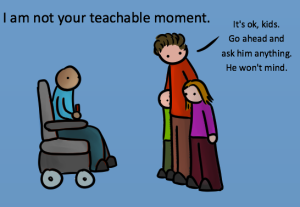Amandla Stenberg: Black hair’s always been an essential component of black culture. Black hair requires upkeep in order for it to grow and remain healthy, so black women have always done their hair. It’s just a part of our identity; braids, blocks, twists, and corn rows, et cetera.
Corn rows are a really functional way of keeping black textured hair un-knotted and neat, but with style. You can see why hair is such a big part of hip-hop and rap culture, these are styles of music which African American communities created in order to affirm our identities and our voices.
In the early 2000’s you saw many R&B stars wearing corn rows; Alicia Keys, Beyonce, R Kelly, and many more. As hip-hop became more and more popular and integrated into pop culture, so did black culture. Eminem’s album went four times platinum and he achieved immense success in hip-hop world.
Black culture had become popular. As the early 2000’s turned into 2010’s, white people began to wear clothing and accessories associated with hip-hop.
More and more celebrities could be seen wearing corn rows and braids, and even grillz. By 2013, the fashion world had adopted corn rows as well.
Corn rows and braids were seen on high fashion runways for brands like Marquesa and Alexander McQueen, and magazines had editorial campaigns featuring corn rows as a new ‘urban’ hairstyle. When Riff Raff came onto the scene, a suburban, white, middle class man who almost ironically took on a ‘black-cent” and wore braids and gold teeth.
Then James Franco took inspiration from Riff Raff for his role as Alien, Spring Breakers. Pop stars and icons adopted black culture as a way of being edgy and gaining attention.
In 2013, Miley Cyrus twerks and uses black women as props. Then in 2014 in one of her videos called This Is How We Do, Katy Perry uses Ebonics, and hand gestures, and eats watermelons while wearing corn rows before cutting inexplicably to a picture of Aretha Franklin. As you can see, cultural appropriation was rampant.
Not only were white people becoming rappers, but they were excelling in the world of hip-hop. Macklemore & Ryan Lewis’ song Thrift Shop garnered a number one spot on Billboard’s year end chart for 2013 and then Iggy Azalea’s song Fancy reached number one the following year, and in May of 2014, Forbes released an article titled ‘Hip-Hop’s Unlikely New Star: A White Blonde Australian Woman.’
At the same time police brutality against black people came to the forefront in an incredible movement ignited by the murders of Trayvon Martin, Michael Brown, Tamir Rice, Eric Garner, and many others. People began to protest institutionalized racism by marching and by using social media.
Celebrities spread awareness and shared condolences, or at least some did as Azealia Banks, a black female rapper pointed out.
As Azealia Banks observed in her tweets by musicians who partook in hip-hop culture and adopted ‘blackness’, Iggy Azalea in particular, failed to speak on the racism that comes along with black identity. Banks and Azalea feuded on Twitter until Banks participated in an interview on New York’s Hot 97.
Azeilia Banks: I have a problem when you’re trying to say that it’s hip-hop and you’re trying to put it up against black culture. It’s like a cultural smudging was what I see. All this says to white kids, is oh yeah, you’re great, you’re amazing, you can do whatever you put your mind to and it says to black kids you don’t have —-, you don’t own —-, not even the —- you created for yourself and it makes me upset.
Amandla: That itself is what is so complicated when it comes to black culture. The line between cultural appropriation and cultural exchange is always going to be blurred, but here’s the thing, appropriation occurs when a style leads to racist generalizations or stereotypes where it originated but is deemed as high fashion, cool, or funny when the privileged take it for themselves.
Appropriation occurs when the appropriator is not aware of the deep significance of the culture that they are partaking in. Hip-hop stems from a black struggle, it stems from jazz and blues styles of music which African Americans created to retain humanity in the face of adversity which itself stems from songs used during slavery to communicate and survive, on a smaller scale, but in a similar vein.
Braids and corn rows are not merely stylistic, they’re necessary in order to keep black hair neat. I’ve been seeing this question a lot on social media and I think it’s really relevant: what would America be like if we loved black people as much as we love black culture?





